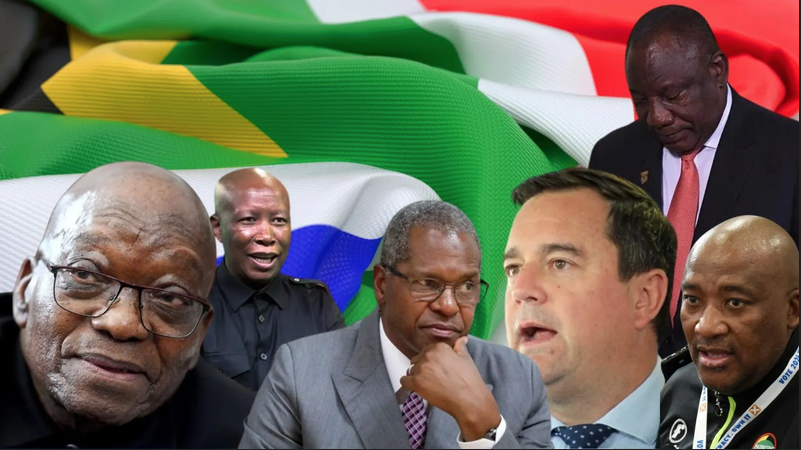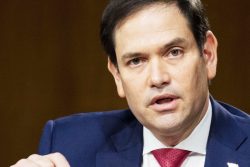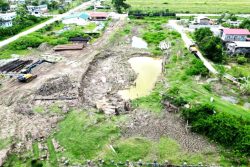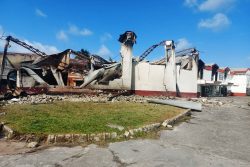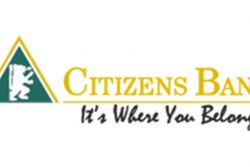JOHANNESBURG, (Reuters) – The African National Congress is leaning towards trying to form a South African government of national unity with a wide range of parties, it said today, citing the results of last week’s election in which it lost its governing majority.
The ANC has run South Africa since Nelson Mandela led it to power in the 1994 elections that marked the end of apartheid, but voters punished it this time over persistent poverty and joblessness, rampant crime, corruption and frequent power cuts.
Still the largest party but no longer able to govern alone after the May 29 vote, the ANC has been talking to five parties, ranging from the free-marketeer Democratic Alliance (DA) to the Marxist Economic Freedom Fighters (EFF), its spokesperson Mahlengi Bhengu-Motsiri told a press conference in Johannesburg.
“At this point in time the conversation is looking at the government of national unity because this is what the people of South Africa said to us,” she said, adding that the party’s National Executive Committee would discuss options on Thursday.
Bhengu-Motsiri said the ANC was aiming to unite the broadest range of sectors in society behind the future government and the timescale for wrapping up talks was less than a week.
“We have been meeting with all parties that are keen to contribute ideas on how we can collectively move our country forward,” she said.
She also said that President Cyril Ramaphosa, the ANC leader, would stay in the post.
“Our president is going nowhere,” she told state broadcaster SABC immediately after the press conference.
“He has shepherded this ship of the ANC and team South Africa very well. So our president is going nowhere. And anyone that intimates the thought about ‘we are willing to go into a coalition with you but get rid of President Cyril Ramaphosa’ can forget talking to us,” she said.
THE ZUMA FACTOR
Voters, politicians and financial markets have been on tenterhooks for clues as to which party or parties will form the next national government.
The ANC will have 159 seats out of 400 in the new National Assembly, while the DA will have 87. The populist uMkhonto we Sizwe (MK), led by former president Jacob Zuma, will have 58 seats, the EFF 39, the socially conservative Inkatha Freedom Party 17 and the far-right Patriotic Alliance nine.
The business sector and investors have a strong preference for the ANC doing a deal with the DA, which is strongly pro-business and advocates scrapping some of the ANC’s Black empowerment policies on the basis that they haven’t worked.
The EFF’s proposals, which include nationalising mines and banks and redistributing land from white to Black farmers, mean that it is viewed far less positively by markets and the private sector.
The rand currency ZAR=D3 extended losses in volatile trade as Bhengu-Motsiri spoke, trading down more than 1% against the dollar at one stage.
She said the ANC had approached Zuma’s MK party, which came a surprisingly strong third in the election, but had been rebuffed.
“Our door remains open,” she said.
Zuma was forced to quit as president in 2018 following a series of corruption scandals, and was later jailed for contempt of court after refusing to participate in an inquiry into corruption. He is now an implacable enemy of Ramaphosa.
Zuma remains popular in his home province, populous KwaZulu-Natal, where extra police were being deployed to maintain public order, according to a statement late on Tuesday by the South African Police Service.
The province was the scene of deadly riots in 2021 when Zuma was sentenced.
